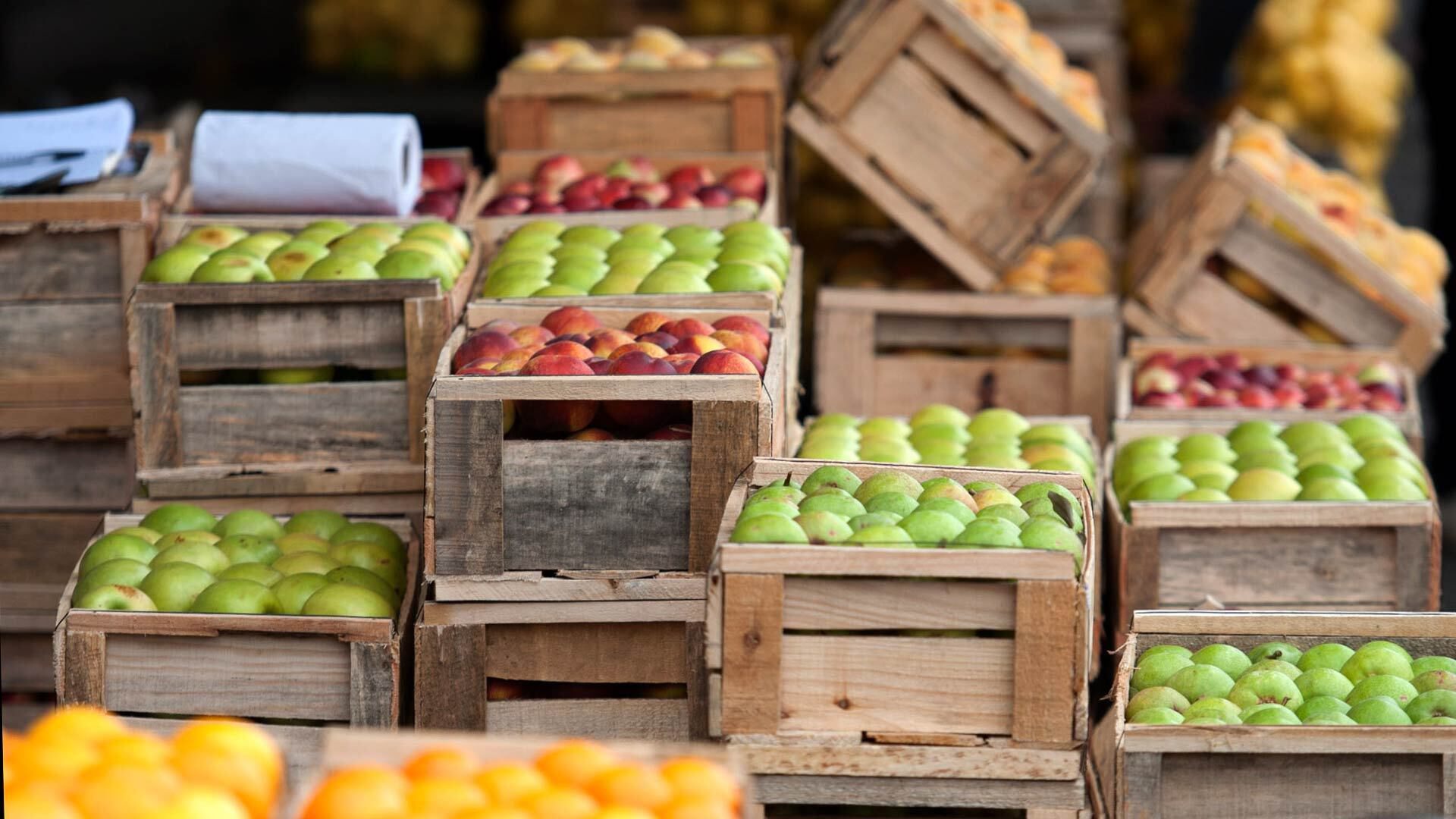- April 20, 2020
- By Samantha Watters
From major agribusiness companies to home gardeners getting ready to dig into the soil, preventing invasive pests from destroying crops is top of mind at this time of year.
New University of Maryland research suggests that introducing incentive-based tariff programs, which have helped regulate air quality, control pollution and protect wildlife and fisheries by imposing a price on activities that have costs for society, may not be the answer to stopping exotic organisms with the potential to become invasive pests. Such organisms are found in about 3% of fresh fruits and vegetables from other countries.
In the May issue of the Journal of Environmental Economics and Management, Erik Lichtenberg and Lars Olson, professors in the Department of Agricultural and Resource Economics, found that such policies could damage diplomacy and trade relationships and cost consumers tens of millions of dollars for each potential invasive species avoided.
To examine this concept, Lichtenberg and Olson developed a statistical model to simulate scenarios and determine the feasibility, possible effects and overall cost to the consumer of an increased tariff on fruit and vegetable imports. They examined 10 years of data in their analysis, including tariff rates and characteristics of fruit and vegetable shipments such as the type of commodity, country of origin, average commodity value, port of entry, growing season and transportation pathway.
While higher tariffs were related to a decreased likelihood of finding an invasive pest in a shipment, the correlation was very small. “We are talking about increasing tariffs four to 13 times what they are now to get a measurable impact, and even then the impact is small,” said Lichtenberg. “The changes aren’t sensitive enough to really be a good tactic.”
In the scenarios considered by the researchers, they found that revoking duty-free status, or free trade agreements on fruits and vegetables, was the only way to get a measurable impact in pest reduction through tariffs, because duty-free products are more likely to contain pests.
The United States has free trade agreements with a host of countries in the Americas, the Caribbean and the Middle East that keep costs of fruits and vegetables down for the local consumer while benefiting international relations, enabling programs from narcotics interdiction to economic growth and peace initiatives.
“You end up with about a 25% reduction in invasive pests from rescinding duty-free status.” Lichtenberg said. “But then you ask, what does it cost us?
“If we are going to go down this road, we have to be prepared to throw away all these other diplomatic initiatives that we have. It makes our life and the world much messier and definitely isn’t advisable.”
There also would be a substantial cost to the consumer. Although invasives like the Mediterranean fruit fly in the 1980s have threatened major economic damage and have spurred costly campaigns to fight them, such scenarios are rare, the researchers said. They examined a group of 28 commodities accounting for a large share of the total quantity of shipments and calculated the consumer loss of rescinding duty-free status compared to the benefit of stopping potential invasive species. The final tally: $38 million per introduction avoided.
“It’s going to raise prices on things like fruits and vegetables and have impacts on consumers here in the United States,” said Lichtenberg. “And we really want people eating more fruits and vegetables because they are good for us. So not only does it seem a bad idea from a diplomatic point of view, it also seems like a bad idea from our point of view as consumers who eat fruits and vegetables.”
